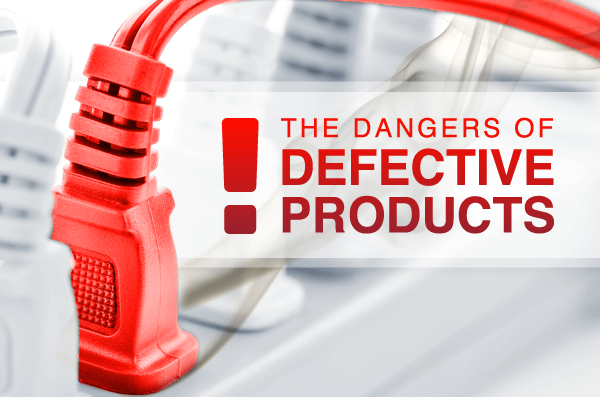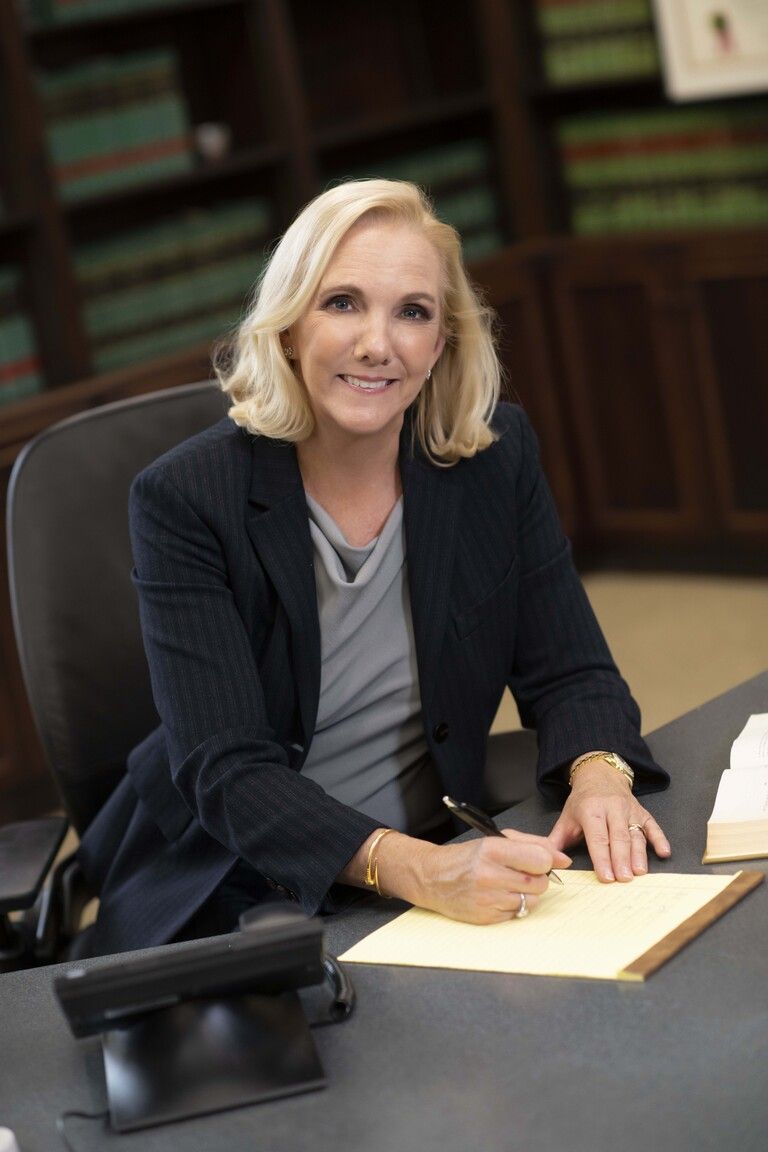
The news has been hard to ignore: recently, German automaker Volkswagen admitted to installing devices designed to circumvent emissions testing in millions of their automobiles. The resulting scandal has shaken up the management structure in the venerated manufacturer and has caused worldwide outcry from both consumers and environmental groups alike.
While no one was directly injured by the automaker’s actions in this instance, the scandal points out the lengths that some companies will go to in order to turn a significant profit. There are numerous examples of manufacturers putting company profits above the safety and well-being of the general public. Even with significant governmental oversight, many, many products fail and injure people every year.
The Government Agencies That Protect Consumers
There are three governmental agencies that monitor and regulate the products we use in the United States, warning the public when a product can be dangerous to health or public safety. These agencies are:
- Consumer Product Safety Commission (CPSC)
- Food & Drug Administration (FDA)
- National Highway Traffic Safety Administration (NHTSA)
Each of these agencies has a well-defined area of oversight and can issue recalls for products. Still, there are thousands of products that malfunction or fail every year that aren’t part of a larger recall, and many times consumers don’t realize they have legal recourse to protect themselves from defective products.
Ways a Product Can Be Defective
A product can be defective in one or more ways:
- Defective design – Flaws in the design of a product can put consumers in danger. An example of defective design is in the case of IVC filters, which have been used to prevent blood clots from traveling to a patient’s lungs. The design of an IVC filter makes it more likely to fragment and migrate throughout the body, causing medical complications, severe pain, and even death.
- Defective manufacturing – When there is an error in the manufacturing process, the resulting flaw can be dangerous. An example of defective manufacturing is a power strip that is assembled with a damaged component, causing the unit to overheat and starting a fire.
- Failure to warn or instruct (labeling) – failing to provide thorough instructions for the operation of a product, and/or failure to warn the consumer of possible dangers, can result in the improper use of that product. An example of failure to warn or instruct can be found in the use of Zofran to treat morning sickness in pregnant women. The manufacturer did not publish any warnings about possible dangers to developing fetuses even though they aggressively marketed the drug as a treatment for pregnancy-induced nausea.
Protecting Your Legal Rights
It might surprise you to learn that there are more than 2,000 product recalls each year. Even though governmental watchdog agencies exist in order to monitor products and warn consumers, a product doesn’t have to be part of a recall for you to be affected.
Defective devices and products are still in the marketplace, and you can’t rely on a recall being issued, particularly if the flaw is in the manufacturing or labeling of a product. If you have been injured by a defective product, contact an attorney with experience in products liability. An attorney will examine the circumstances of your injury, determine if your injury is due to a product defect, and develop a case that helps to protect your legal rights.
Don’t allow a defective product to ruin your life. Contact an attorney with experience in personal injury caused by defective products.

